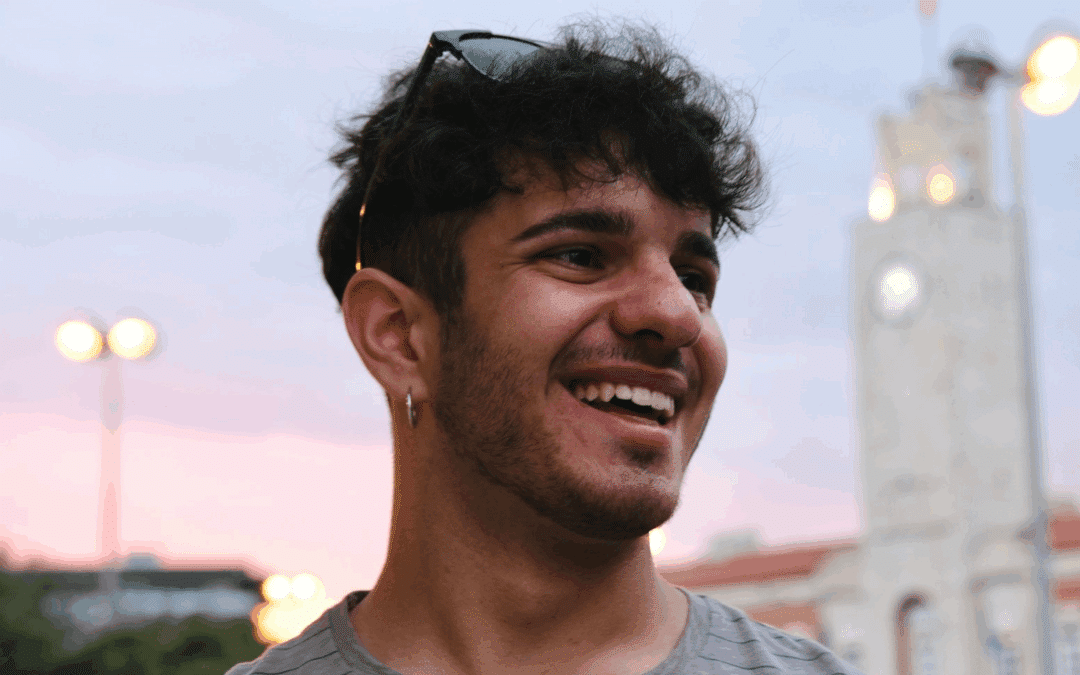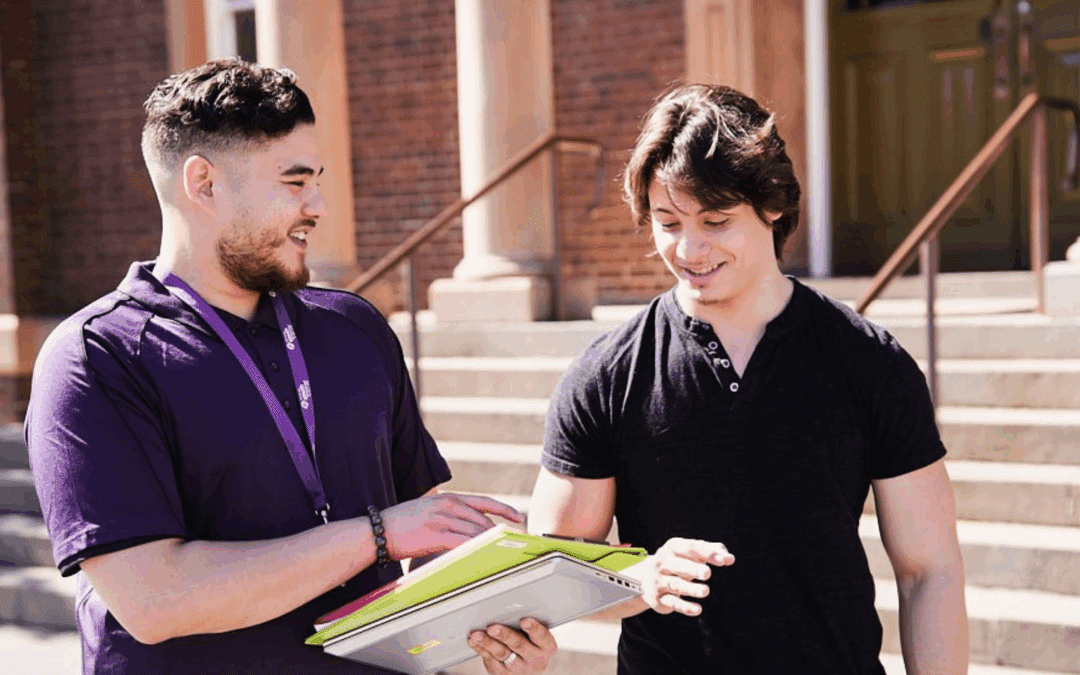During the Christmas and New Year period and throughout the summer months, substance misuse and the demand for rehabilitation services rise across Australia.
An increase in festivities and parties, more free time, and a spike in family conflict can make December and January dangerous territory for alcohol and drug-related accidents.
Whether you’re a parent, caregiver or a concerned friend, it’s important to initiate respectful, well-informed conversations about drugs and alcohol with young people – at any time of the year – to help them understand the risks.
But how, exactly, should you approach this?
Here are five ways to have open and honest conversations about drug and alcohol use with young people.
1. START WITH AN INDIRECT APPROACH
Conversations about drug and alcohol use can be uncomfortable for everyone involved. To reduce the discomfort, try starting a discussion indirectly.
This might involve asking the young person’s opinion on a news story about binge drinking during the festive season.
Or you could get the conversation going by sharing an anecdote involving one of your own friends and an experience they had with drugs or alcohol.
2. KEEP THE CONVERSATION AGE-APPROPRIATE
Prevention is key. According to Kellie Lucas, our Alcohol and Other Drugs (AoD) Counsellor, conversations about drugs and alcohol should start in the holidays before a child starts high school.
Regardless of age, your choice of words should match the young person’s maturity and personal experience – and use relatable language when appropriate. For example, you could swap formal terms for slang words, like ‘weed’ instead of ‘marijuana’.
More advice for tailoring conversations to the needs of children, teenagers and young adults is available here.
3. WITHHOLD JUDGMENT
Try to discuss drugs and alcohol in a supportive, non-confrontational manner. It can help to recall your own teenage years when preparing for the conversation.
You might remember feeling the desire for independence and social acceptance, which can drive young people to try substances.
Empathy is more likely to lead to a constructive conversation than anger or accusations.
4. USE ‘PEOPLE-FIRST’ LANGUAGE
The stigma surrounding drugs and alcohol can damage the self-esteem of people struggling with addiction and discourage them from seeking treatment.
As the stresses of this time of year can trigger a relapse, it’s particularly important to combat the stigma and encourage the young people in your life to change the narrative too.
Avoid negative terms like ‘junkie’ and ‘druggie’ and instead talk about people ‘using drugs’ and ‘having a dependence on drugs’.
5. EDUCATE YOURSELF AND OTHERS
Give the young people in your life the gift of knowledge.
Abstinence might seem preferable but accurate and up-to-date information can lead to informed decisions about substance use.
Research the consequences of using substances, cite reputable sources and share this information with young people.
You could also discuss creating a safety plan that explains how to respond in an emergency, whether that involves the young person directly or a friend who finds themself in a risky situation.
We help young people aged 13 to 19 take control of their drug use. Click to learn more about our Dunlea Alcohol and Other Drugs Youth Service.



